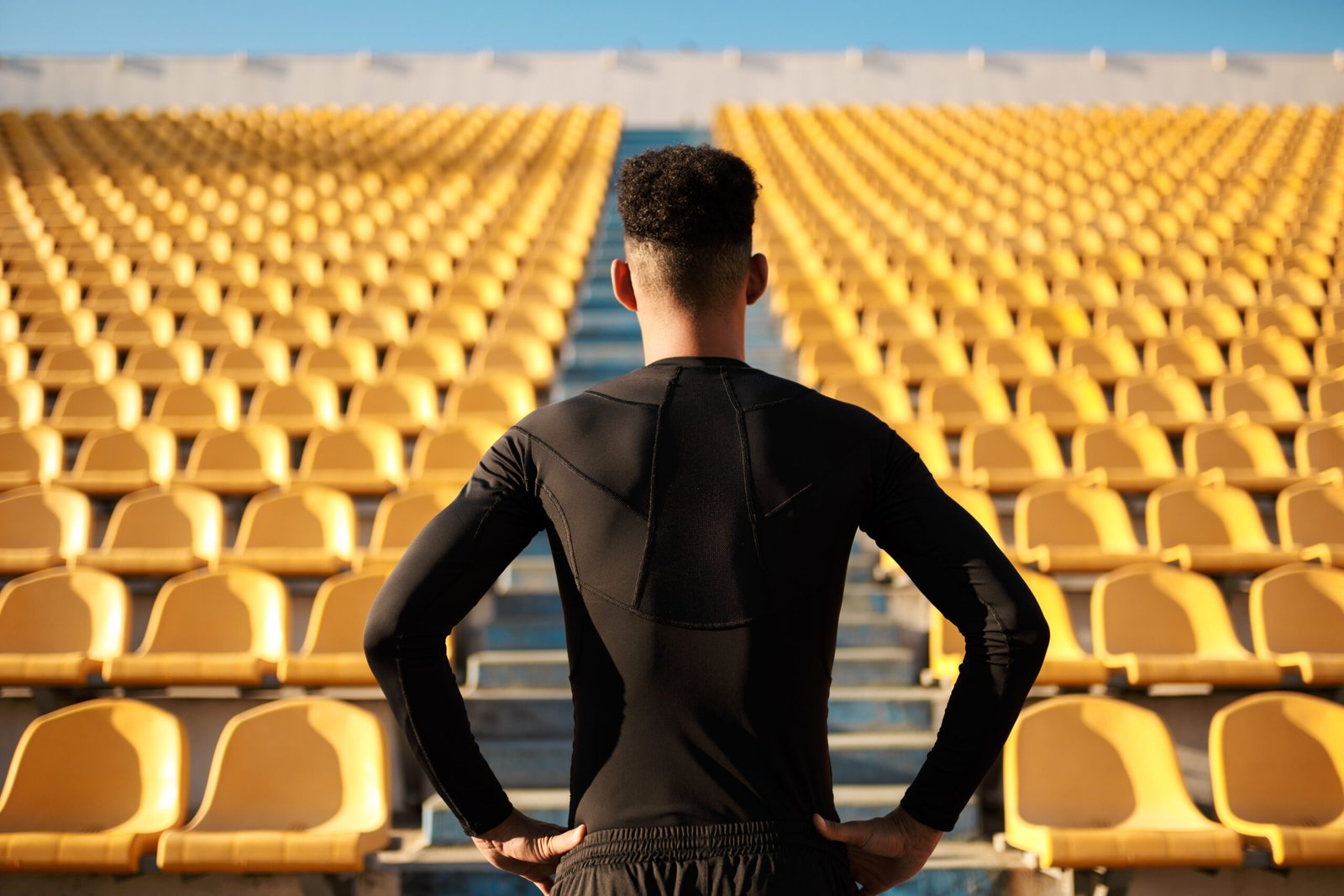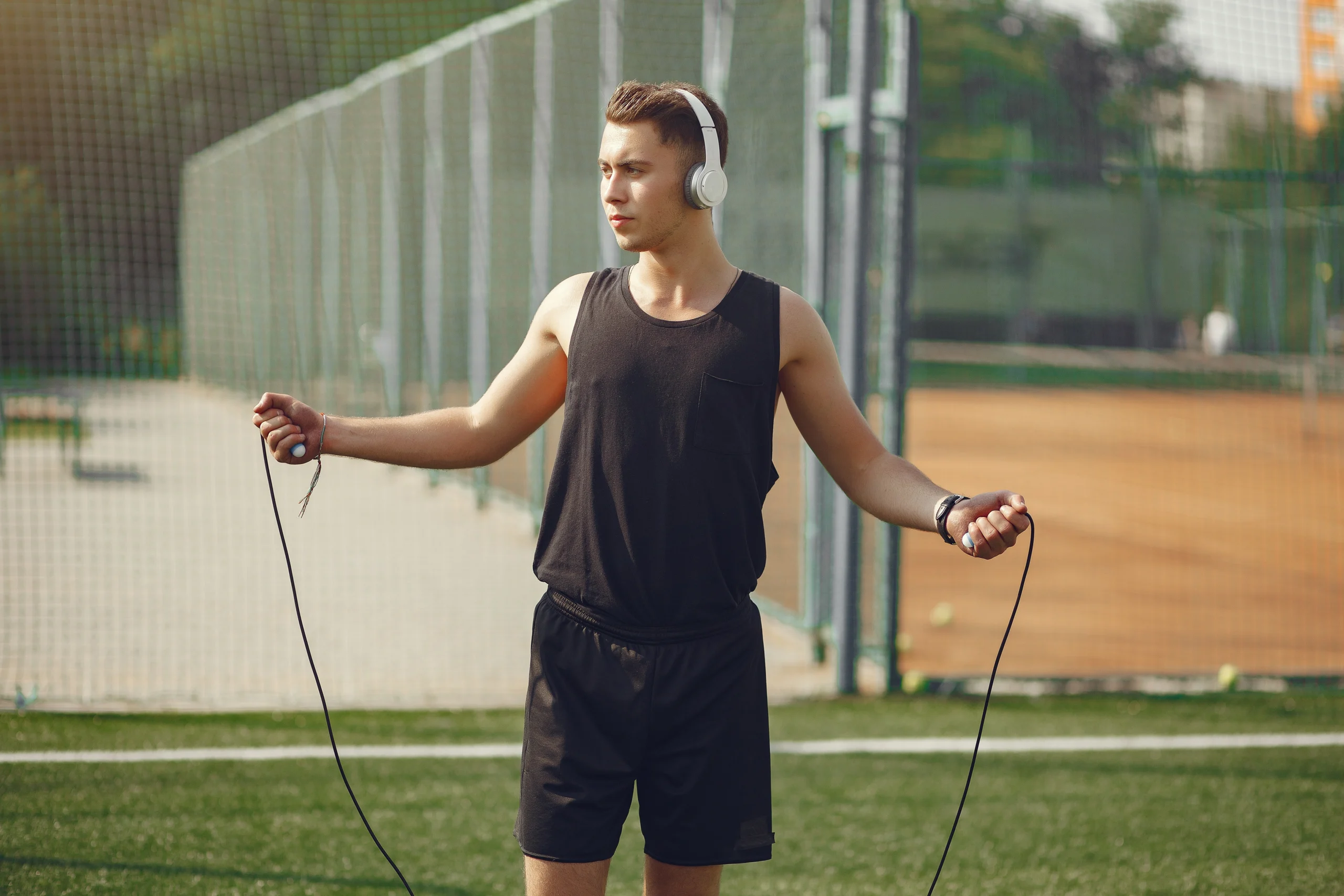Introduction
When it comes to sports, being physically strong is only one part of the issue. Psychological preparation is another important skill that top athletes often possess. This blog post will talk about how sports psychology and mental training can help players reach their full potential. You’ll learn new ways to improve your mental game, whether you’re a player, a coach, or just someone interested in sports psychology.
Understanding Psychological Preparation in Sports
Psychological training means giving players the mental tools they need to handle the stress of competition. It’s more than just inspiration; it focuses on building mental toughness, attention, and emotional control. When the stakes are high, these skills are especially important for keeping up your best performance. By working on their mental skills, players can do better over time and deal with problems better.
The Role of Sports Psychology
Sports psychology studies how the mind affects athletic performance. Practitioners help athletes concentrate, decrease anxiety, and gain confidence. Sports psychologists customize their services to assist athletes in dealing with sport-related mental challenges. This assistance is essential for competitive athletes.
The Importance of Mental Training
Mental training, which includes a variety of techniques to make you mentally tough, is an important part of psychological preparation. A lot of players use self-talk and visualizing goals to improve their mental edge. When players do regular mental training, they make sure their minds are ready for anything. This helps them deal with failures and keep their eyes on their goals.
Pre-game Routine and Its Impact
A key component of psychological preparation is a well-organized practice. It helps players switch from practicing to competing, which sets them up for their best performance. A lot of the time, these habits include specific ways to warm up, practice mentally, and relax. By sticking to a routine, players feel in control and at ease, which lowers their nervousness before a game and boosts their confidence.
Visualization for Athletes
Visualization technique that helps players practice in their minds. Athletes can improve their movement skills and boost their confidence by clearly picturing themselves succeeding. This method also helps players get ready for the unexpected, which makes it easier for them to change during competition. Visualization has a big effect on an athlete’s general success if they use it in their daily practice.
Goal Setting for Mental Edge
For inspiration and attention, it’s important to set goals that are clear and attainable. Setting clear goals for their success helps athletes stay motivated and keep track of their progress better. Athletes are more likely to push themselves and keep trying to get better when they have clear goals. Athletes can keep going and achieve long-term success by breaking down bigger goals into smaller, more doable steps.
The Power of Self-Talk
Inner conversation affects an athlete’s mentality and performance. Positive self-talk promotes confidence and decreases stress, whereas negative self-talk hinders performance. Mastering self-talk helps athletes suppress self-doubt and strengthen optimistic thoughts. Mental resilience and a winning mindset may be improved by athletes using affirmations and positive language.
Building Emotional Resilience
Emotional resilience means being able to get back on your feet after a loss and stay calm when things get tough. Strong emotional toughness helps athletes healthily deal with stress, so it doesn’t affect their performance. Athletes can build the mental strength they need to do well in high-pressure scenarios by using methods like cognitive retraining, awareness, and breathing techniques.
Case Studies in Psychological Preparation
Many athletes have succeeded with psychological preparation. Michael Phelps’ mental training helped him set Olympic records. Even during heated competition, Phelps employed visual visualization and self-talk to keep focused and motivated—his accomplishment emphasizes the significance of psychological preparation in athletic training.
The Role of Coaches in Mental Training
Coaches support athletes’ psychological preparation. Coaches may boost players’ confidence and mental toughness by providing support and cognitive training. Effective coach-athlete communication and feedback reinforce positive habits and help athletes overcome mental hurdles. Mental training coaches help athletes grow holistically and succeed.
Integrating Psychological Preparation into Training
Add psychological preparation to your general training plan if you want to perform at your best. This means setting aside time for brain workouts along with physical ones. Coaches and sports psychologists should work with athletes to make individualized training plans that help them reach their goals. To get their full ability as an athlete, they need to be consistent and dedicated to mental training.
Overcoming Common Psychological Barriers
Even the best players have mental problems that can get in the way of their work. Athletes often have to deal with issues like performance anxiety, fear of failing, and wanting to be great. To get past these problems and perform at their best, players can learn how to deal with them and get skilled help. An important part of an athlete’s growth and progress is recognizing psychological obstacles.
The Importance of Rest and Recovery
Rest and healing are very important for the mental and physical health of athletes. Athletes can avoid stress by getting enough rest, which helps their bodies and minds heal. Some things that can help you stay motivated over time are active healing, good sleep hygiene, and taking planned days off to rest.
The Role of Nutrition in Mental Performance
What an athlete eats has a big effect on their mental health and ability to think clearly. A healthy, well-balanced food gives your brain the nutrients it needs to work well and help you concentrate. This part will talk about how certain food decisions can affect happiness, energy, and mental focus, which can help players do their best.
The Impact of Team Dynamics
Team relations can greatly impact athletes’ psychological preparation and success. A helpful team atmosphere encourages trust, conversation, and friendship, all of which are important for an athlete’s mental health. This heading will go into more detail about how good team relations can help everyone do better in a competitive setting.
Leveraging Technology for Mental Training
As technology has improved, players can now use a variety of tools that help them train their minds. Biofeedback gadgets, meditation apps, and virtual reality exercises can all help players work on their awareness and visualization. This part will talk about how these tools can be used to help athletes prepare mentally better during their workouts.
Understanding the Role of Competition
Competing can make people feel a lot of different feelings, which can affect how well they do. Athletes can better control their feelings if they understand the psychology behind competition, such as how people cope and how their minds change during competition. This heading will talk about ways to use competition worry to your advantage so that it drives you instead of holding you back.
Conclusion
In competitive sports, psychological preparation changes everything. Mental training and sports psychology help players perform better and reach their objectives. To get their maximum, coaches, sports psychologists, and players must emphasize logical preparation. If you’re an athlete or coach trying to win, remember that the mind is a strong ally.





